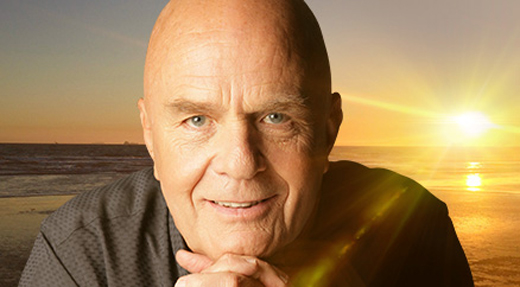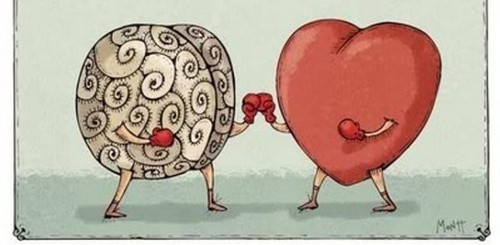“Fame has only the span of a day, they say. But to live in the hearts of the people – that is worth something.”
—Ouida, pseudonym of the 19th Century English novelist, Maria Louise Ramé

Image from rcinet.ca
In the program for a 1968 exhibition of his work at the Moderna Museet in Stockholm, Sweden, Andy Warhol said, “In the future, everyone will be world-famous for 15 minutes.”
Today, with our celebrity culture and social media mania, it seems a good percent of the world’s population seeks a day, 15 minutes, or even 15 seconds of fame.
Perhaps the short-lived nature of fame is that it tends to be self-centered, where people are much more focused on being interesting to others than being interested in others.
EXERCISE:
Where and with whom can and will you strive to be a person of significance versus merely a success? Where and how can you become more endearing in the hearts of the people around you?




